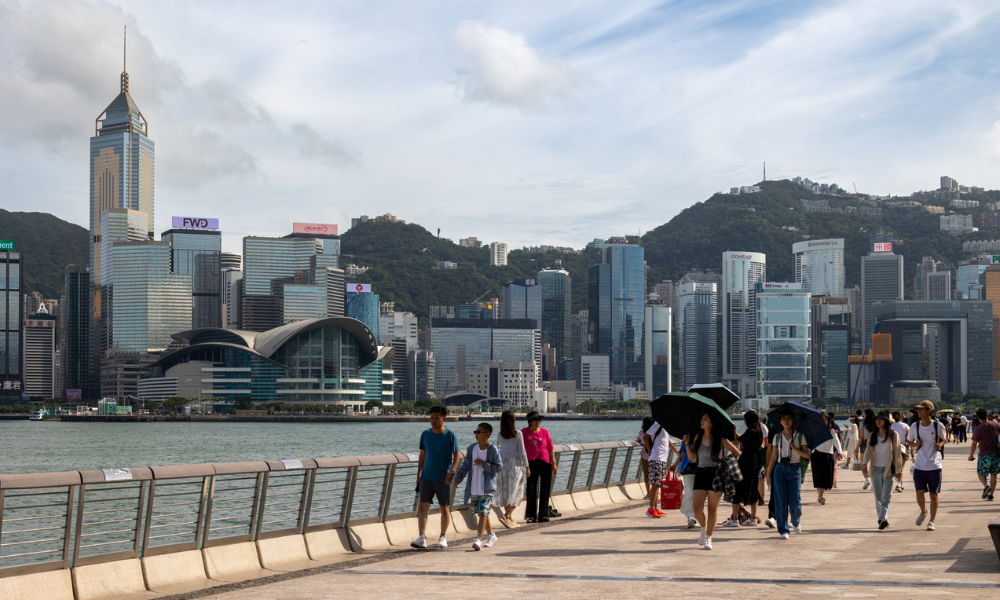
62% of the respondents experienced symptoms of heatstroke at work

More than 40% of outdoor employees in Hong Kong weren't provided with extra rest time despite the government advising employers to arrange more breaks for staff based on a new heat warning system.
This is according to the latest survey by Greenpeace and the Hong Kong Catholic Commission for Labour Affairs among 123 construction workers and outsourced cleaners of the Food and Environmental Hygiene Department, the Hong Kong Free Press reported.
The new system, which took effect in May, introduced the Amber, Red, and Black Heat Stress at Work Warnings depending on the level of heat stress in certain working environments in Hong Kong.
"Employers have to make appropriate arrangements for rest periods based on the level of physical exertion in work in the hour following the announcement of the Heat Stress at Work Warning and the hourly updates announcing the continued effectiveness of the warning," a spokesperson from the Labour Department previously said.
However, more than 70% of the respondents in the Greenpeace survey revealed that they weren't even informed of the new warning system that was in place, the Hong Kong Free Press reported.
As a result, 62% of the respondents said they experienced symptoms of heatstroke at work since the new warning system was introduced.
More than half of the respondents reported feeling dizziness, a lack of energy, difficulty breathing, as well as rapid heartbeat at least once a week.
Tom Ng, a project officer at Greenpeace, criticised the government's heat warning system for not having its desired effect because it's hard to follow and not legally binding.
"The guidelines are not really effective right now," Ng said as quoted by Radio Television Hong Kong (RTHK).
The warning system was also previously received criticism from employers, who said it would be difficult to execute.
Ng then urged the government to address the gaps in the current system before the next summer arrives.
"The government should immediately talk with the frontline workers and worker unions to review and create new, better, more feasible guidelines for the workers next year before the summertime," he said as quoted by RTHK.
The government should also include heat stroke and other heat-related diseases to the list of occupational diseases, the news outlet reported.
The survey comes as Hong Kong registered its hottest summer on record, with the mean temperature hitting a record 29.7 degrees, according to the Hong Kong Observatory.